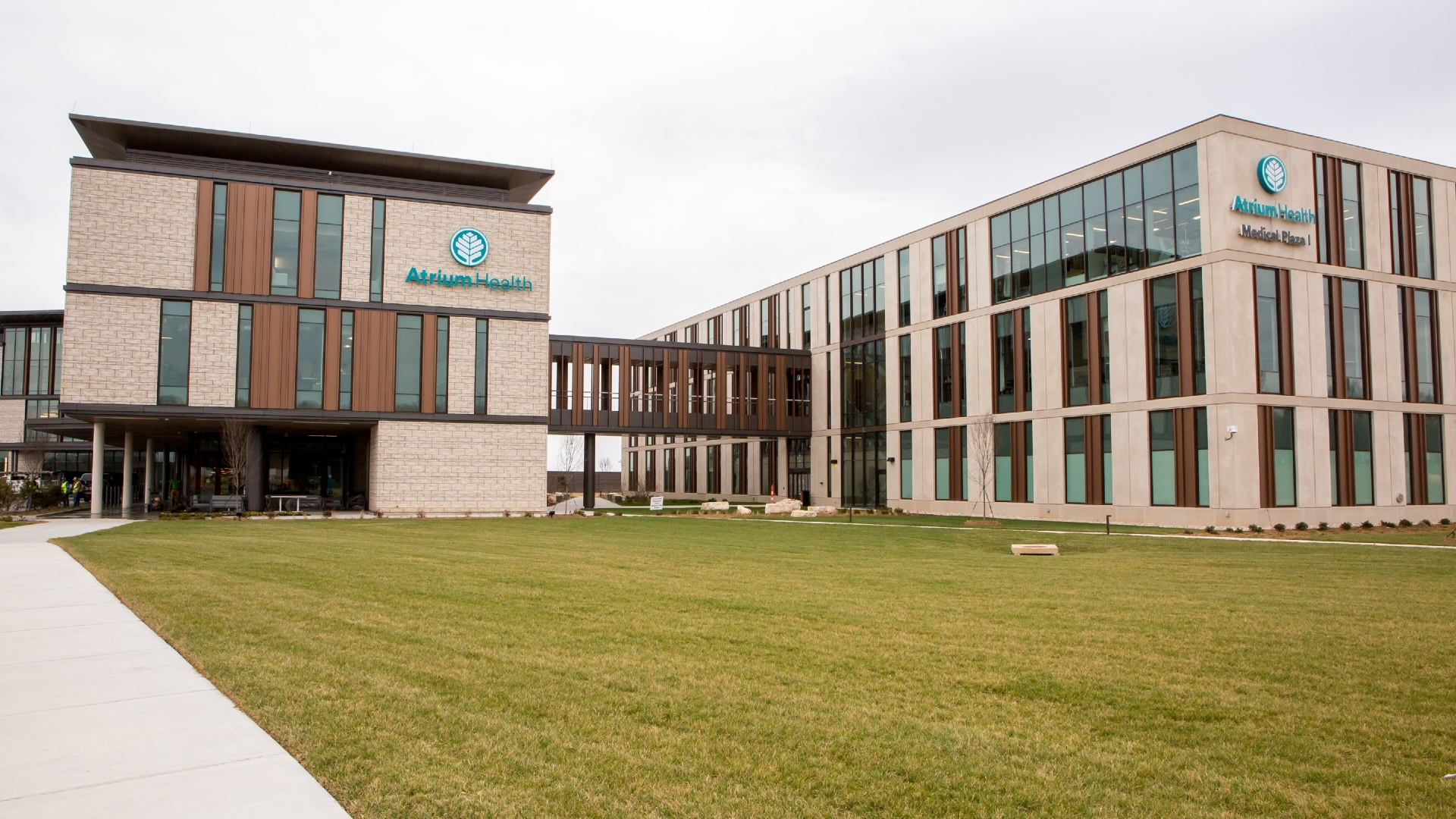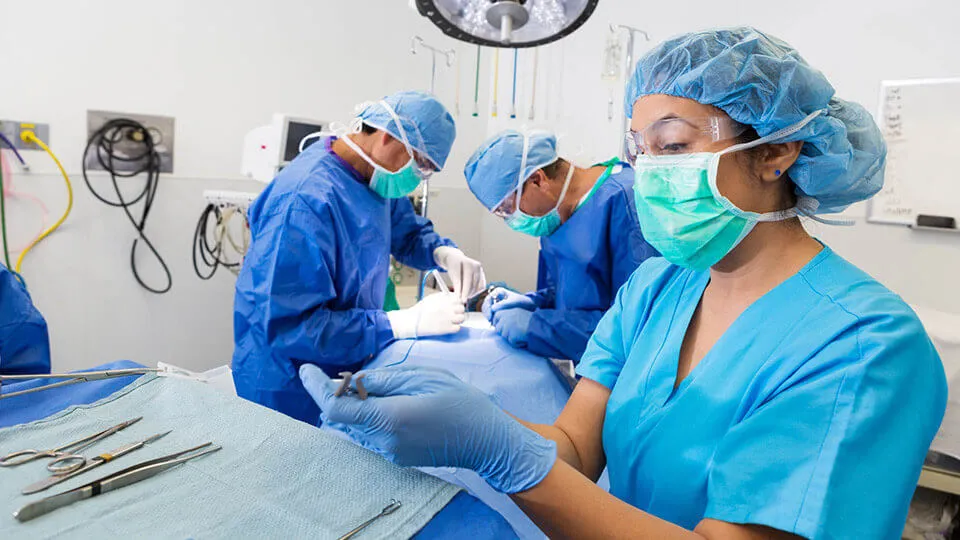1. The Role of a Surgical Tech
Surgical techs are vital members of the surgical team, working alongside surgeons, nurses, and other healthcare professionals. Their primary responsibility is to prepare and organize the operating room before surgery. This includes sterilizing instruments, arranging surgical equipment, and ensuring a sterile environment to minimize the risk of infections.
2. Preparing the Operating Room
Before a surgical procedure begins, surgical techs meticulously set up the operating room, following strict protocols and maintaining the highest standards of cleanliness. They ensure that all necessary instruments and equipment are readily available, contributing to the efficiency and effectiveness of the surgical team.
3. Assisting During Surgery
Once the surgery commences, https://www.suckmygeek.com/ provide direct assistance to the surgical team. This includes passing instruments to the surgeon, anticipating their needs, and effectively managing the sterile field. Their ability to stay focused and organized is crucial for the seamless progression of the surgical process.
4. Instrument Sterilization and Maintenance
Surgical techs are responsible for the sterilization and maintenance of surgical instruments. This involves cleaning, inspecting, and ensuring that all instruments are in optimal condition. Their attention to detail in this aspect is paramount to prevent complications and maintain patient safety.
5. Collaborating with the Surgical Team
Effective communication and collaboration are key components of a successful surgical team. Surgical techs work closely with surgeons, nurses, anesthesiologists, and other healthcare professionals to ensure that the surgical procedure is conducted with precision and care. Their ability to anticipate needs and respond promptly contributes to a cohesive and well-coordinated surgical environment.
6. Training and Education
Becoming a surgical tech requires specialized training and education. Many surgical techs complete accredited programs, which can range from diploma programs to associate degree programs. The curriculum typically includes a combination of classroom instruction and hands-on clinical experience, preparing individuals for the demands of the operating room.
7. Certification and Professionalism
While certification requirements may vary by location, many surgical techs choose to pursue certification through organizations such as the National Board of Surgical Technology and Surgical Assisting (NBSTSA). Certification not only validates their skills and knowledge but also demonstrates a commitment to professionalism and ongoing education in the field.
8. Career Opportunities and Growth
Surgical techs enjoy a range of career opportunities within hospitals, surgical centers, and other healthcare settings. As surgeries become more advanced and technology evolves, the demand for skilled surgical technologists is expected to grow. This presents opportunities for career advancement and specialization within the field.
9. The Impact on Patient Care
The role of surgical techs extends beyond the technical aspects of surgery; they contribute significantly to the overall patient experience. By ensuring a well-prepared and organized operating room, surgical techs play a pivotal role in promoting patient safety and positive surgical outcomes.
Conclusion
Surgical techs are unsung heroes in the operating room, working diligently behind the scenes to support surgical teams and contribute to the overall success of medical procedures. Their precision, expertise, and commitment to patient safety make them indispensable members of the healthcare community. As the field of healthcare continues to advance, the role of surgical techs remains vital in ensuring the delivery of high-quality surgical care.







